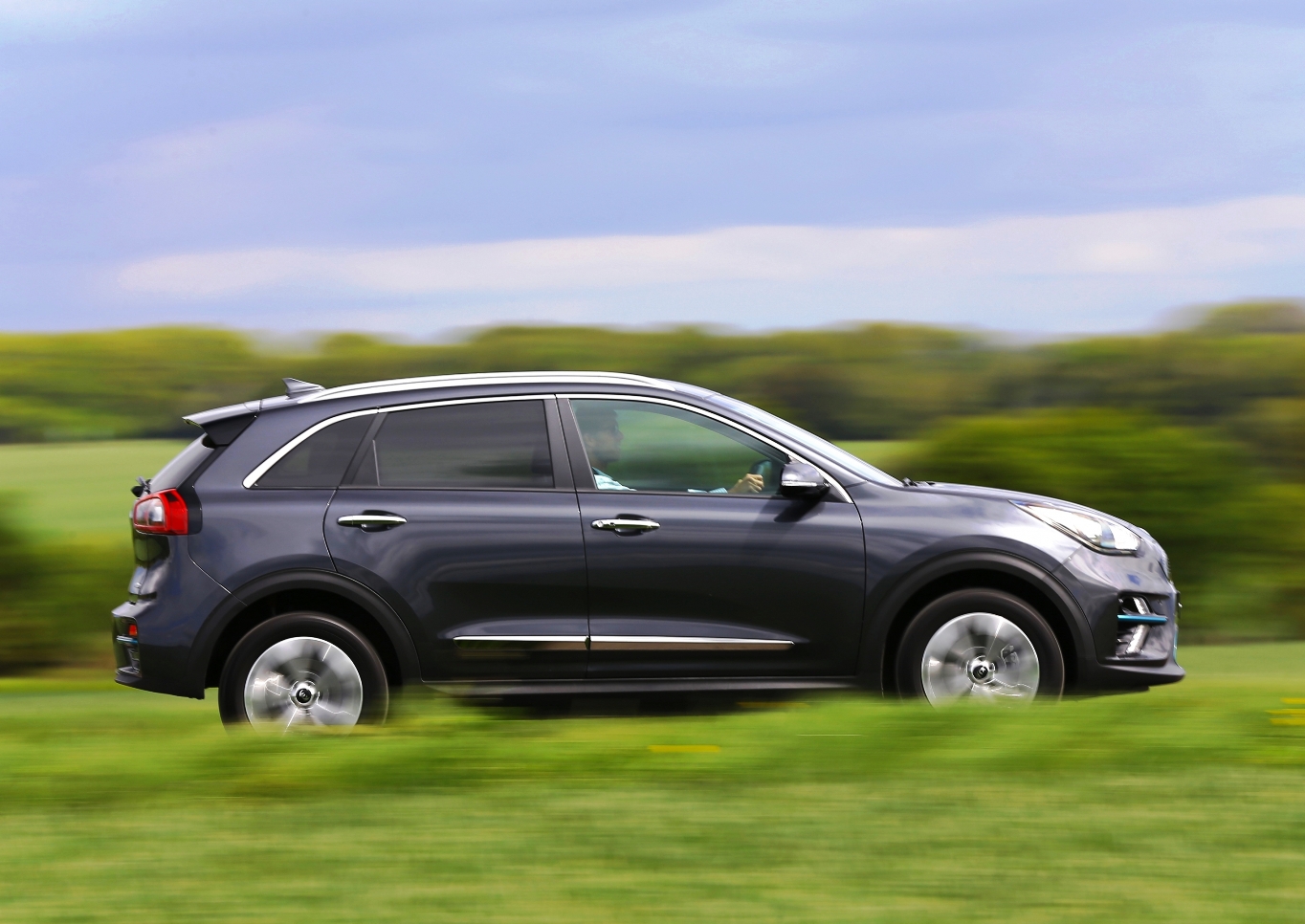
The demand for sports utility vehicles is said to be threatening the UK’s attempts to clean up the transport sector… or for potential vehicle buyers is this more down to cost, charging point availability, ‘range anxiety’ and restricted choices in electric vehicles?
…Robin Roberts reports.
Sales of new SUVs now outnumber electric vehicle sales at a rate of 37 to 1.In its 2019 annual Review of Energy Policy, published today, the UK Energy Research Centr examines some of the challenges of meeting the 2050 net zero emissions target. It recommends ten policy actions the next government could take to help meet this target.
The Review highlights how the trend towards purchasing bigger cars is threatening the UK’s attempts to reduce emissions from the transport sector. The report has calculated the impact that the purchase of SUVs is having on UK carbon emissions.
Over the past four years, there have been 1.8 million SUV sales, compared to a total of 47 thousand for battery electric vehicles (BEV). This equates to a staggering ratio of 37:1. In 2018, SUVs accounted for 21.2% of new car sales, up from 13.5% just three years earlier. SUVs are larger and heavier than a standard car, emitting about a quarter more CO2 than a medium-size car and nearly four times more than a medium sized battery electric vehicle. Assuming the majority of these SUVs will be on UK roads for at least a decade, it is estimated the extra cumulative emissions to total around 8.2 million tons of CO2.
The trend is not unique to the UK. The International Energy Agency has estimated growth in SUVs accounts for 60% of the increase in the global car fleet since 2010, concluding that “SUVs were the second-largest contributor to the increase in global CO2 emissions since 2010 after the power sector, but ahead of heavy industry including iron & steel, cement, aluminium, as well as trucks and aviation.”
Until recently, 8 out of 10 plug in electric vehicles sold were plug in hybrid electric vehicles (PEHVs), not pure battery electric vehicles. The majority of the PHEVs sold were also SUVs – specifically the Mitsubishi Outlander – showing that the popularity of SUVs exists within the EV market too. This means that even the relatively small number of electric vehicles that have been sold in the UK are consuming more energy than they need to.
The reasons for the increase in the number of SUVs require further research. They are likely to be a product of attractive car financing packages which divert attention from running costs. In 2018, over 90% of all private new car registrations in the UK were purchased using finance products such as Personal Contract Purchase. PCP deals wrap the first year of Vehicle Excise Duty into the monthly cost, effectively rendering the only clear policy signal to discourage high-carbon vehicles useless.
Professor Jillian Anable, UKERC Co-Director said, “The rapid uptake of unnecessarily large and energy consuming vehicles just in the past few years makes a mockery of UK policy efforts towards the ‘Road to Zero’.
Effectively, we have been sleep-walking into the issue. The decarbonisation of the passenger car market can no longer rely on a distant target to stop the sales of conventional engines. We must start to phase out the most polluting vehicles immediately.
It is time to enact a strong set of regulations to transform the entire car market towards ultra low carbon rather than focusing solely on the uptake of electric vehicles.”
RAC spokesman Simon Williams said, “It’s important to remember that the SUV trend has been developing for around two decades, arguably really taking off in the mid-2000s, whereas the EV market is only just beginning to accelerate as battery technology improves along with the availability of public chargepoints.
As a result there are some very strong EV sports utility vehicles on sale now including the Kia e-Niro, Hyundai Kona, Mercedes EQC and the Jaguar I-Pace. The desire among drivers to purchase SUVs is likely to continue for personal preference and lifestyle reasons so we imagine the EV market will simply mirror that.
The only thing holding drivers back from choosing an electric as their next vehicle is the high purchase price, the number of miles they can do on a single charge, charging infrastructure and the choice of vehicles on the market.”